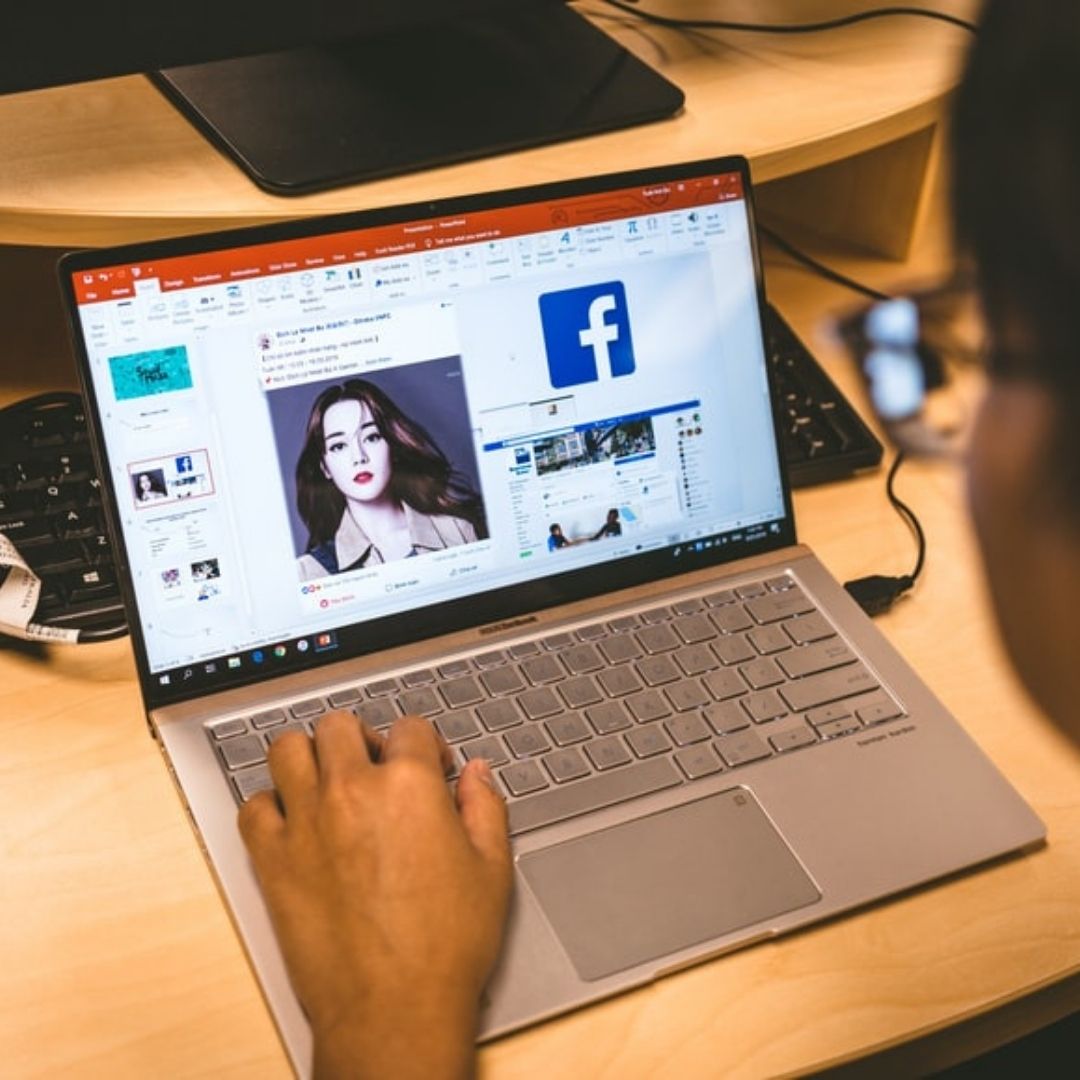
Image Credits: Unsplash
Meta To Shut Down Facebook's Facial Recognition System, Delete Faceprints Of Over 1 Billion People
Writer: Tashafi Nazir
For most people, journalism sounds hectic and chaotic. For her, it's a passion she has been chasing for years. With an extensive media background, Tashafi believes in putting efforts on presenting a simple incident in the most interesting way.
Others/World, 3 Nov 2021 10:22 AM GMT
Editor : Palak Agrawal |
Palak a journalism graduate believes in simplifying the complicated and writing about the extraordinary lives of ordinary people. She calls herself a " hodophile" or in layman words- a person who loves to travel.
Creatives : Tashafi Nazir
For most people, journalism sounds hectic and chaotic. For her, it's a passion she has been chasing for years. With an extensive media background, Tashafi believes in putting efforts on presenting a simple incident in the most interesting way.
In a statement, the social media giant cited growing societal concerns about using the technology as the reason for its discontinuity.
Meta on Tuesday, November 2, announced that it is shutting down Facebook's facial recognition system, which automatically identifies its users in photos and video. The announcement was made by Facebook's Vice-President (Artificial Intelligence) Jerome Pesenti.
The social media giant cited growing societal concerns about using this technology as the reason for its shutting down.
"We're shutting down the face recognition system on Facebook. People who have opted in will not be automatically recognised in photos and videos now and we will delete more than a billion people's individual facial recognition templates," the statement read.
The move from will also affect Automatic Alt Text (AAT), which creates image descriptions for people with visual impairment. According to the details, AAT descriptions will no longer include the names of people recognised in photos but will function normally otherwise.
Potential Dangers Of Facial Recognition
In its statement, Facebook argued the positives of the facial recognition system, it also put forward the negatives and potential dangers of such technology.
"...But the many specific instances where facial recognition can be helpful need to be weighed against growing concerns about using this technology as a whole. There are various concerns about the place of facial recognition technology in the society, and regulators are still in the process of providing a clear set of rules governing its use," the statement read.
"Amid this ongoing uncertainty, we believe that limiting the use of facial recognition to a narrow set of use cases is appropriate," the statement added.
"This includes services that help people gain access to a locked account, verify their identity in financial products or unlock a personal device. When deployed with care, these are places where facial recognition is both broadly valuable to people and socially acceptable. While we will continue working on use cases like these, we will ensure people have transparency and control over whether they are automatically recognised," it read.
Also Read: Bihar Govt Used Funds Reserved For SC/ST Scholarships To Build Roads, Buildings: Report
 All section
All section














